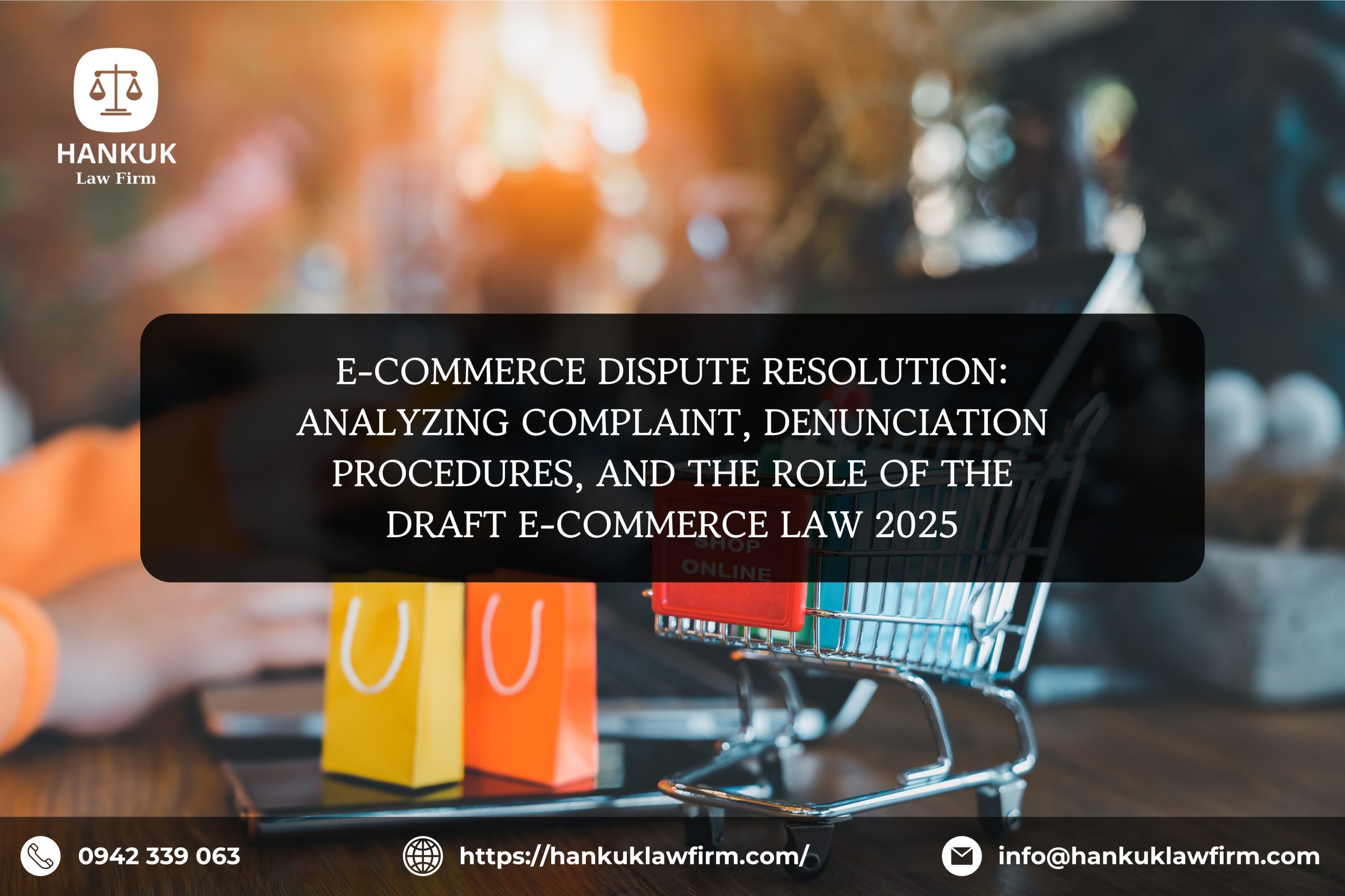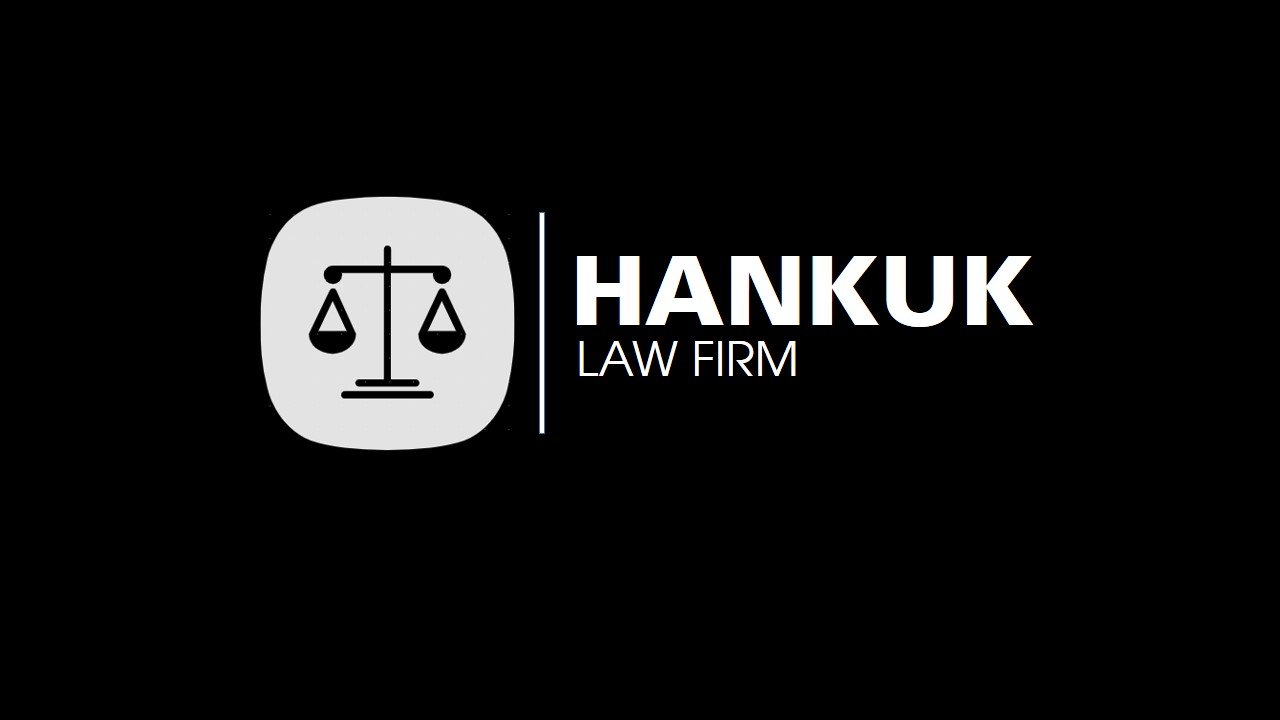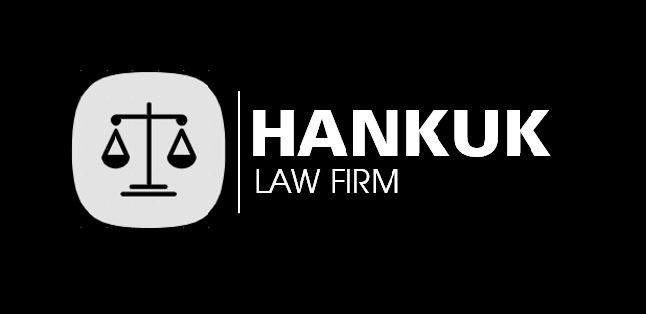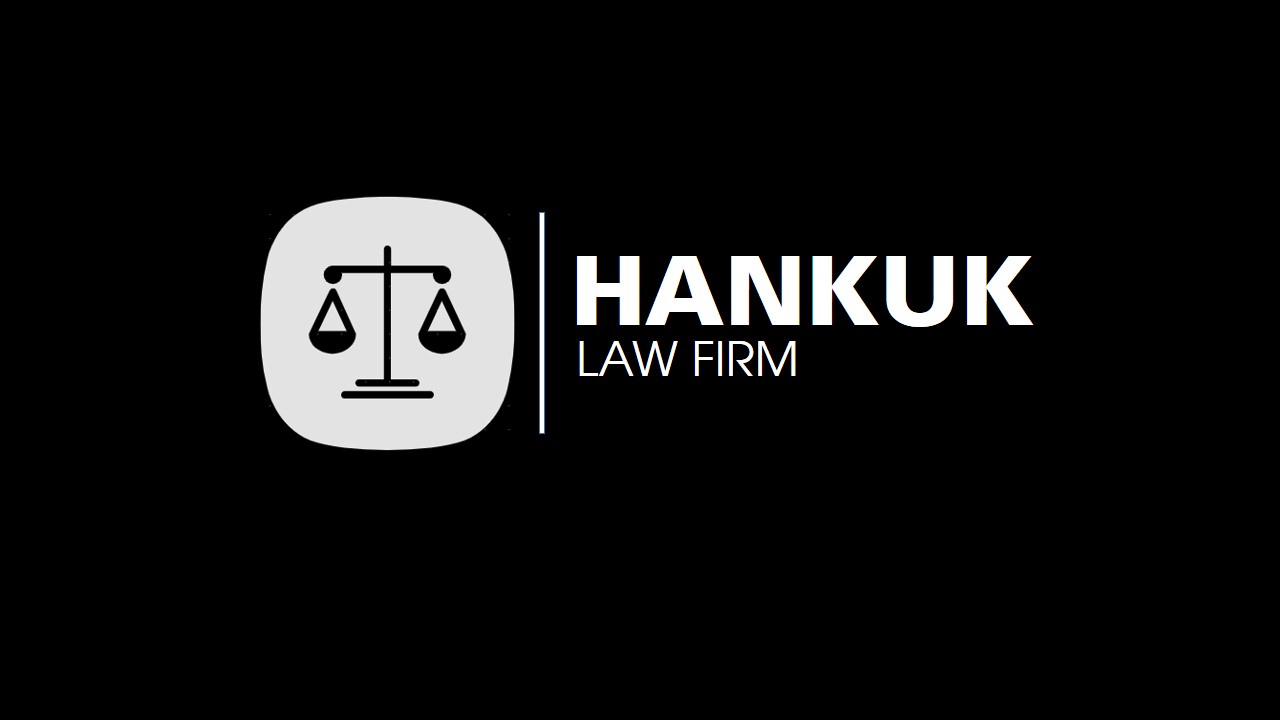E-COMMERCE DISPUTE RESOLUTION: ANALYZING COMPLAINT, DENUNCIATION PROCEDURES, AND THE ROLE OF THE DRAFT E-COMMERCE LAW 2025
Contents
- I. Legal Basis
- II. Overview of E-commerce Disputes and the Role of the Draft Law 2025
- III. Electronic Contracts: Foundational Evidence in E-commerce Dispute Resolution
- IV. Distinguishing Complaints and Denunciations in E-commerce Dispute Resolution
- V. EC Dispute Resolution Procedure according to the Draft Law: From Complaint to Court
- VI. EC Dispute Resolution via Arbitration or Court Litigation
- VII. Comparison between Current EC Dispute Resolution Mechanisms and the Draft Law
- VIII. Practical Notes for Consumers & Sellers in EC Dispute Resolution
- IX. Limitations and Proposals for Improving the EC Dispute Resolution Mechanism
I. Legal Basis
The core legal framework governing the resolution of disputes in E-commerce (EC) includes:
- Law on Electronic Transactions 2023
- Law on Consumer Rights Protection 2023
- Decree 52/2013/ND-CP on E-commerce (amended and supplemented)
- Civil Procedure Code 2015
- Law on Commercial Arbitration 2010
- Draft E-commerce Law (amended) 2025
II. Overview of E-commerce Disputes and the Role of the Draft Law 2025
Disputes in EC are disagreements or conflicts arising among the parties (buyers, sellers, platform owners, intermediaries) when executing electronic transactions. These disputes may stem from products or services not meeting commitments, late delivery, incorrect descriptions, payment issues, warranties, consumer rights, or conflicts related to electronic contracts.
The Draft E-commerce Law 2025 aims to provide clearer regulations on how to handle these disputes. This is intended to ensure the rights and interests of consumers and suppliers, while clarifying the responsibilities of EC platforms.
III. Electronic Contracts: Foundational Evidence in E-commerce Dispute Resolution
An electronic contract is a contract concluded through an electronic environment—for example, placing an order via a website, EC app, exchange, chat, or email.
Key Points:
- Disclosure of Contract Terms: Terms (regarding products, prices, duration, delivery, returns, warranty liability, right to complain, dispute resolution…) must be clearly announced by the seller or platform when the buyer decides to conclude the contract. If terms unfavorable to the buyer are not disclosed beforehand, they may be deemed invalid. The Draft stipulates that disputes must be resolved based on the terms announced at the time the contract was concluded.
- Electronic Transaction Data: When disputes arise, evidence and electronic transaction data (order history, invoices, delivery records, chat logs, email, photos/videos proving the product or service) are crucial for verifying the rights and obligations of the parties. The Draft asserts that handling complaints and disputes must be based on “evidence, electronic transaction data, and relevant legal provisions”.
- Platform Owner Responsibilities: The EC platform owner is entrusted with the responsibility of building an internal complaint resolution system. This system must be user-friendly, allowing users to submit complaints if they have sufficient basis and evidence. The platform owner must handle complaints promptly, fairly, non-discriminatorily, and with professional competence. They must also clearly notify the decision and potential remedies outside of court or arbitration if applicable.

IV. Distinguishing Complaints and Denunciations in E-commerce Dispute Resolution
| Complaint | Denunciation | |
| Purpose | Resolving a specific issue that has arisen | Handling cases involving serious violations of legal regulations |
| Nature of Issue | Usually a small to medium dispute, or a civil/contractual dispute between buyer and seller
Examples: damaged product, wrong delivery, excessively long delivery time, unsatisfactory service |
More serious, relating to legal violations
Examples: fraud, deception, violation of consumer rights protection, or violation of state management policies. |
| Receiving Authority | Request sent to the seller or platform owner. | Submitted to competent state agencies.
Examples: market management agencies, provincial departments of industry and trade, inspectorates, consumer protection agencies, or public prosecution/investigative bodies (if criminal elements exist). |
| Resolution Mechanism | Usually processed through the internal system of the platform or the seller. The platform owner is responsible for building this internal complaint resolution system. | Processed by competent state agencies outside the platform’s internal system |
| Requirements for Platform (According to the Draft EC Law 2025) | The platform owner must be responsible for building a system that is user-friendly, allowing users to submit complaints with sufficient basis and evidence. The platform must handle complaints promptly, fairly, non-discriminatorily, and possess professional competence. | If the denunciation involves a serious legal violation, the user has the right to report the matter to state agencies, outside the internal system. The Draft primarily focuses on resolving civil/contractual complaints, not criminal denunciations. |
| Basis for Resolution | Based on evidence, electronic transaction data, and relevant legal provisions | Based on evidence of legal violation and current legal provisions related to serious violations |
V. EC Dispute Resolution Procedure according to the Draft Law: From Complaint to Court
Based on the Draft and current regulations, the EC dispute resolution process typically includes the following steps:
Step 1. Review Contract Terms & Gather Evidence: The buyer must check whether the electronic contract contains clear terms (on delivery, returns, warranty, fees, complaint rights, dispute procedure). The buyer must retain evidence: invoices, messages, email, photos/videos, shipping receipts, etc..
Step 2. Internal Complaint on Platform or with Seller: Submit a complaint to the seller or the platform owner according to the announced procedure. The complaint must clearly state the demand, reason, and attached evidence.
Step 3. Receipt & Processing by Platform Owner:
- The platform owner must have an easy-to-access, user-friendly receipt system.
- Processing must be timely, non-discriminatory, and based on transaction data and evidence.
- The handler must have appropriate qualifications, not relying solely on unsupervised automation.
- The complainant must be clearly notified of the decision and subsequent steps if the resolution is unsatisfactory.
Step 4. Negotiation & Mediation: If the internal complaint remains unresolved, both parties may negotiate directly. Mediation by a third party (e.g., a mediation organization) may occur if both parties agree.
Step 5. Arbitration or Submission to Court: If no agreement is reached through negotiation/internal mediation, the dispute can be submitted to arbitration (if there is an arbitration clause in the contract) or litigation in a competent court. The Draft proposes utilizing existing arbitration and court procedures.
VI. EC Dispute Resolution via Arbitration or Court Litigation
- Arbitration: If the electronic contract includes an agreement to use arbitration, this path is generally faster, less public (depending on terms), and more flexible. However, the arbitration clause must be carefully reviewed (location, fees, applicable law, language, time limit). If the seller or platform lacks a clear arbitration agreement, arbitration may be denied.
- Court Litigation: Where arbitration is absent or unsuitable, the user may file a lawsuit. The court has jurisdiction over civil cases concerning contracts and consumer protection. Court procedure is typically time-consuming, potentially incurring costs, requiring clearer evidence submission, and adhering to the statute of limitations for lawsuits (Civil Law regulates prescription periods).
- Costs and Duration: Arbitration often involves arbitration fees, service fees, and legal fees (if any), but may be quicker. Court litigation takes longer and may proceed through multiple levels (first instance, appeal). Consumers should weigh costs, time, and potential benefits.
VII. Comparison between Current EC Dispute Resolution Mechanisms and the Draft Law
Currently, Decree 52/2013/ND-CP governs some aspects of complaint and dispute resolution in EC:
- Traders, organizations, and individuals owning EC websites must receive and process customer complaints.
- Disputes must be based on contract terms announced at the time of contract conclusion.
- The procedure for receiving and processing complaints and the dispute resolution mechanism must be clearly publicized.
- Resolution forms include negotiation, mediation, arbitration, or court litigation.
The Draft aims to further clarify these provisions, enhance the responsibility of the platform owner, ensure user rights, and increase transparency in the internal complaint handling procedure.
VIII. Practical Notes for Consumers & Sellers in EC Dispute Resolution
- Always retain evidence when purchasing or using EC services (invoices, photos/videos, messages, electronic notifications).
- Before agreeing to a transaction, carefully read the contract terms (especially regarding delivery, returns, warranty, complaint rights, dispute resolution).
- If an issue arises, initiate an internal complaint first. Send an email, message, or use the platform’s provided system, clearly stating the request and attaching evidence.
- Monitor the complaint history: check the response timeframe of the seller or platform, identify any unsatisfactory policies, and confirm if a responsible human is handling the case, not just automated processes.
- If unsatisfied, check the contract for an arbitration clause. If available, weigh the costs versus benefits before choosing arbitration. If absent or arbitration is denied, litigation in court remains an option.
- Be aware of the statute of limitations for lawsuits and associated costs (processing fees, legal fees, court fees, arbitration fees, etc.).
IX. Limitations and Proposals for Improving the EC Dispute Resolution Mechanism
Some areas in the Draft remain unclear or require further consideration:
- There is a need to clearly stipulate the maximum time limit for the platform/seller to process internal complaints—to prevent undue delays that harm consumers.
- Ensure supervision over the use of automated systems (if used)—excessive reliance on machines without supervision can lead to errors.
- Clearly define the liability and sanctions if the platform owner or seller fails to comply with regulations (e.g., failing to publicize the complaint procedure, late response, ignoring evidence, using unfair terms).
- Enhance the role of consumer protection agencies to support and intervene when parties cannot resolve issues independently.
- Costs associated with arbitration and complaint processing fees need to be made transparent for users beforehand
X. About Us, Hankuk Law Firm

■ Hankuk Law Firm – Introduction
The goal of the legal services provided by HANKUK LAW FIRM is to support businesses, investors, and people. Our organization employs skilled Korean lawyers, partners, and professionals to provide legal services to businesses related to corporations and litigation.
To support the startup process, our lawyers and staff provide a wide range of services, including business law consulting, tax and immigration law consulting, real estate services, business consulting, marketing and communications, human resources, product distribution, franchise options, etc. We provide expert advice on every aspect of your business needs.
To protect the legitimate rights and interests of our clients and achieve the best results, we provide legal advice and participate in civil lawsuits related to business, labor, marriage, family, and inheritance.
■ Contact us now

For reliable and effective legal advice, please contact HANKUK LAW FIRM now. We are committed to providing you with the best possible answers and our team of experienced lawyers has extensive knowledge in many legal fields. We are always here to provide the most competent and dedicated support, whether you are dealing with contractual issues, commercial disputes or need guidance on foreign investment. HANKUK LAW FIRM is honored to have assisted hundreds of domestic and international clients in skillfully resolving complex legal issues as their trusted legal partner. Do not let legal issues hinder your success. Let us accompany you towards legal achievement and comfort. For prompt guidance and support to ensure your rights are always maintained at the highest standards, contact HANKUK LAW FIRM now.
■ Contact Hankuk Law Firm:
| Website: http://hankuklawfirm.com/en/
FB: https://www.facebook.com/hankuk.lawfirm Tiktok: https://www.tiktok.com/@hankuklawfirm Youtube: https://www.youtube.com/@hankuklawfirm6375 Email: info@hankuklawfirm.com SĐT: 0942.339.063 |
 |

